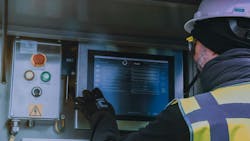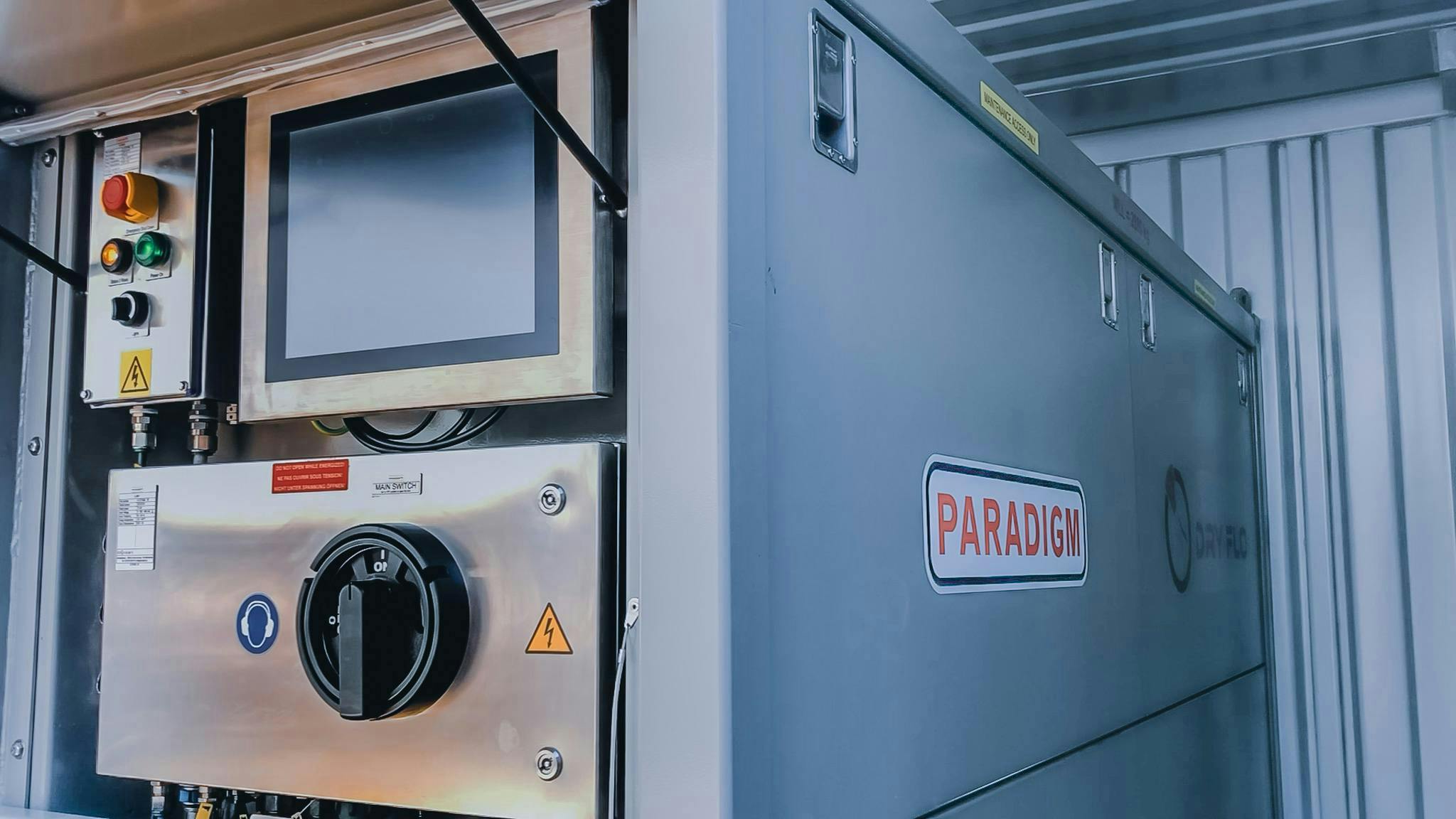Petrobras to use Paradigm's technology for deluge system testing
Petrobras has signed an agreement to implement Dry-Flo technology in Brazil for the dry testing of deluge systems in its Búzios field FPSO units.
This technology, developed by the Paradigm Group, has already seen global adoption across various players in the onshore and offshore markets. The contract was facilitated with support from Mi Fire, Paradigm’s local partner in Brazil.
The Búzios field FPSO units—four already in operation and five under construction—are set to begin using Dry-Flo technology for periodic testing of their deluge systems.
Henrique Gaio, managing director of Paradigm Fire Protection Services in the Netherlands, said, "Many sectors that either cannot or prefer not to discharge water for system testing are turning to our waterless approved technology. It not only provides greater precision in mapping internal conditions but also significantly reduces the short- and long-term impacts of water saturation on process and production areas and the potential for ingress under insulation and into critical electrical equipment."
Paradigm says its Dry-Flo technology offers a solution for waterless annual performance and compliance testing of water and foam-based fire protection systems. The digital technology, approved by DNV, is designed to mitigate the environmental setbacks of system discharge, and it addresses the disruptions to operations caused by annual testing of fire suppression systems.
"It provides significant value in risk reduction, integrity assurance, sustainability and asset life extension," added Daniel McCormick, Paradigm's global sales director.
The technology also aligns with international standards such as NFPA and API for testing, inspection and maintenance of water-based fire suppression systems.

